Few things compare to that refreshed feeling after a good night’s rest. Restorative sleep can benefit brain health, heart health and even your weight. You may not realize it, but the foods you eat can affect the quality of your sleep.
FOODS TO EAT
Here are seven foods that may help with sleep:
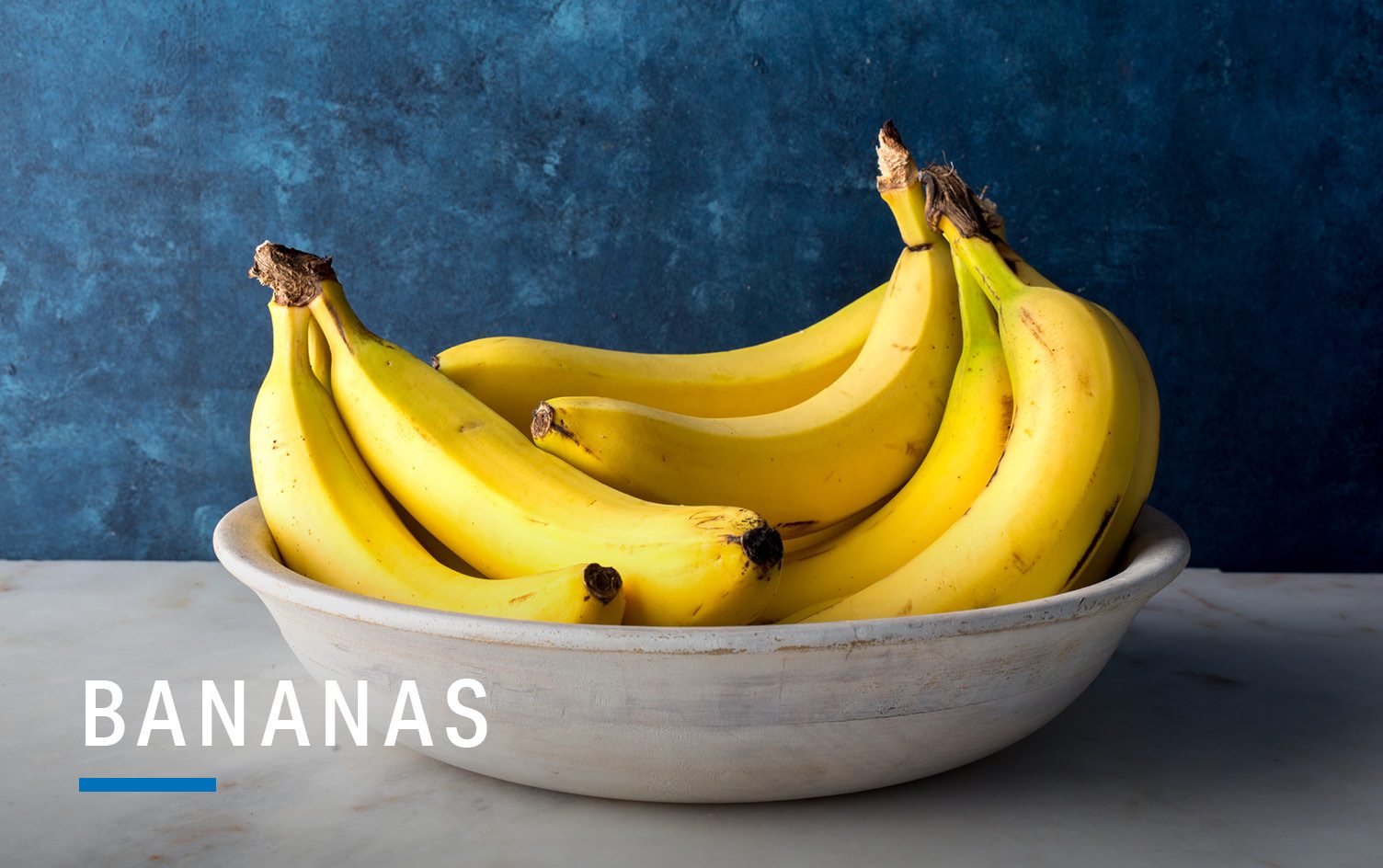
Carbohydrate-rich foods like bananas start a cycle to help the body make serotonin, the neurotransmitter that helps you feel more relaxed and calm. Bananas do double duty as a source of magnesium and carbs to help with sleep. Try a dollop of almond butter on a banana for a sweet, nutty bedtime snack.
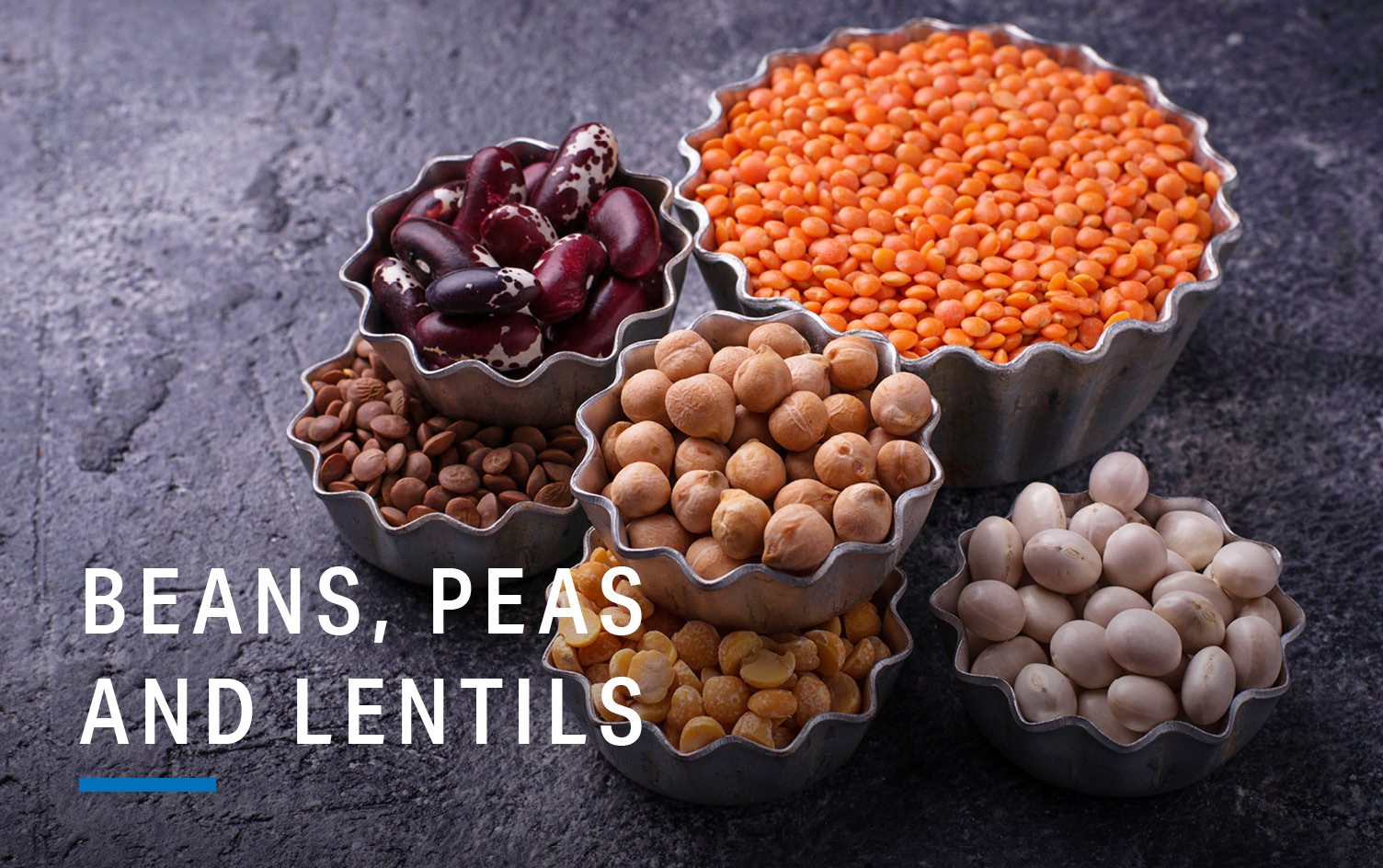
Pulses are an excellent source of magnesium, which has been shown to help ease anxiety and enhance sleep in those who are running low on this mineral. If Restless Leg Syndrome (RLS) is keeping you up, getting adequate magnesium as well as iron may be particularly helpful. Try a vegetarian chili or lentil salad at dinner or a handful of roasted chickpeas for a nighttime snack.
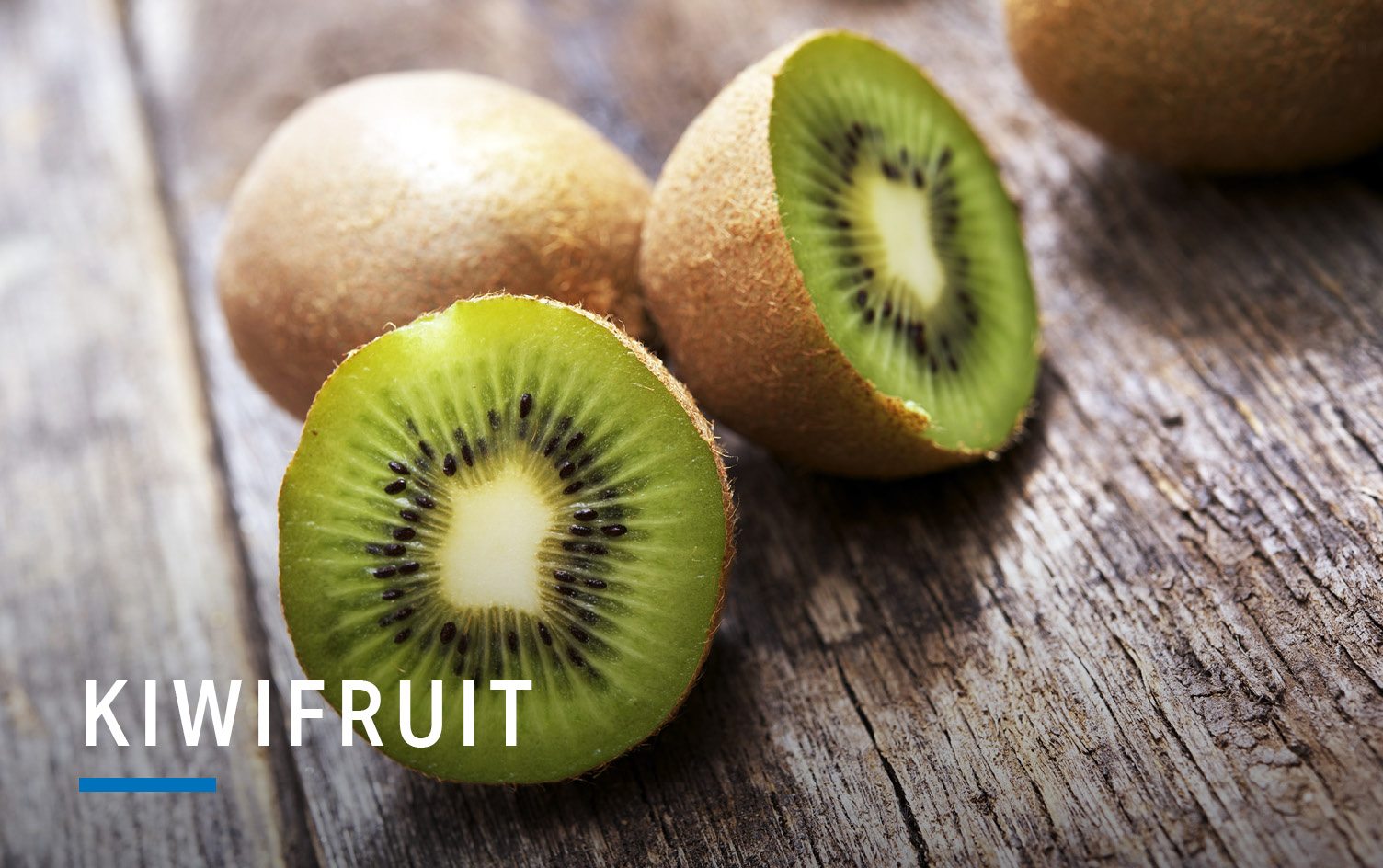
This fuzzy little fruit may be a quick ticket to dreamland. One small study found that eating two kiwis an hour before bed helped people fall asleep faster. They also got better quality sleep and slept an hour longer on average. Enjoy kiwi simply scooped with a spoon or slice it up for a sweet, tart nighttime treat.
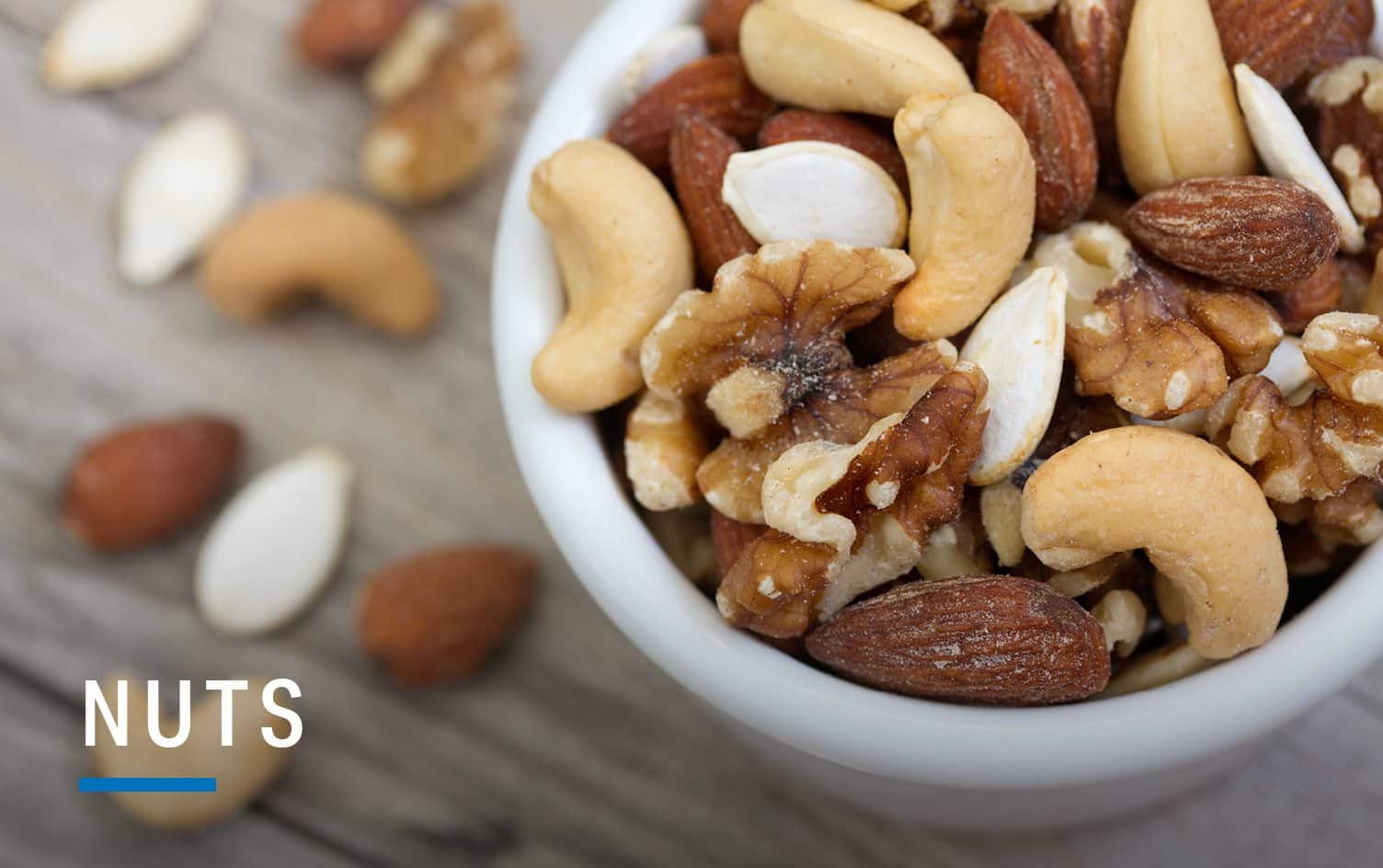
Almonds and cashews are other good sources of muscle-relaxing magnesium. Walnuts also have magnesium and are a natural source of melatonin. Add toasted walnuts or almonds to rice pilaf at dinner or enjoy a few nuts before bed.
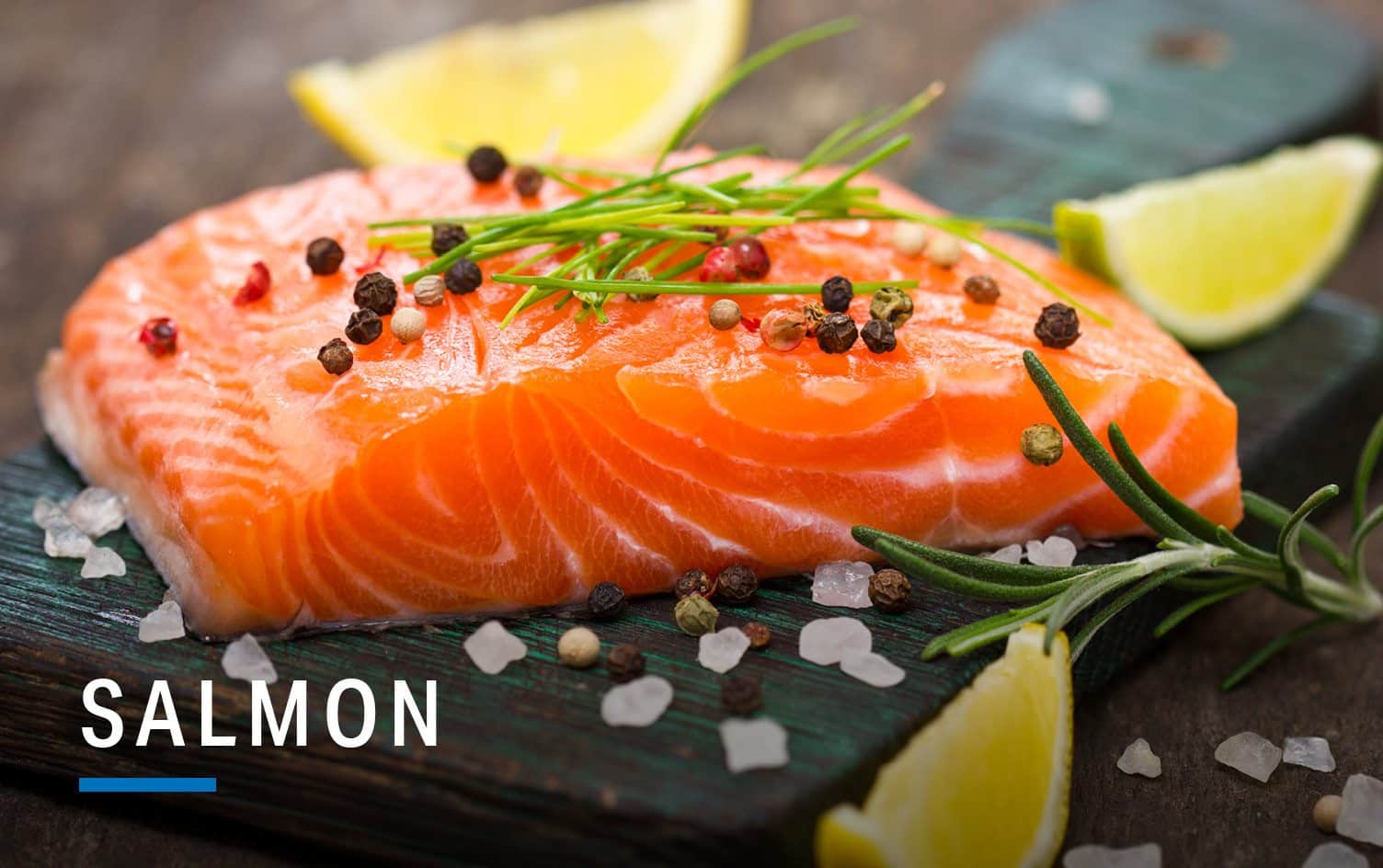
Salmon is a top source of vitamin B6, which plays a critical role in sleep hormone production. (Chickpeas and yellowfin tuna are also brimming with B6.) Because waking up hungry at 3 a.m. is the worst, salmon is an excellent source of protein to keep you feeling satiated throughout the night. Try salmon skewers with couscous for a savory and satisfying combo to set you up for slumber.
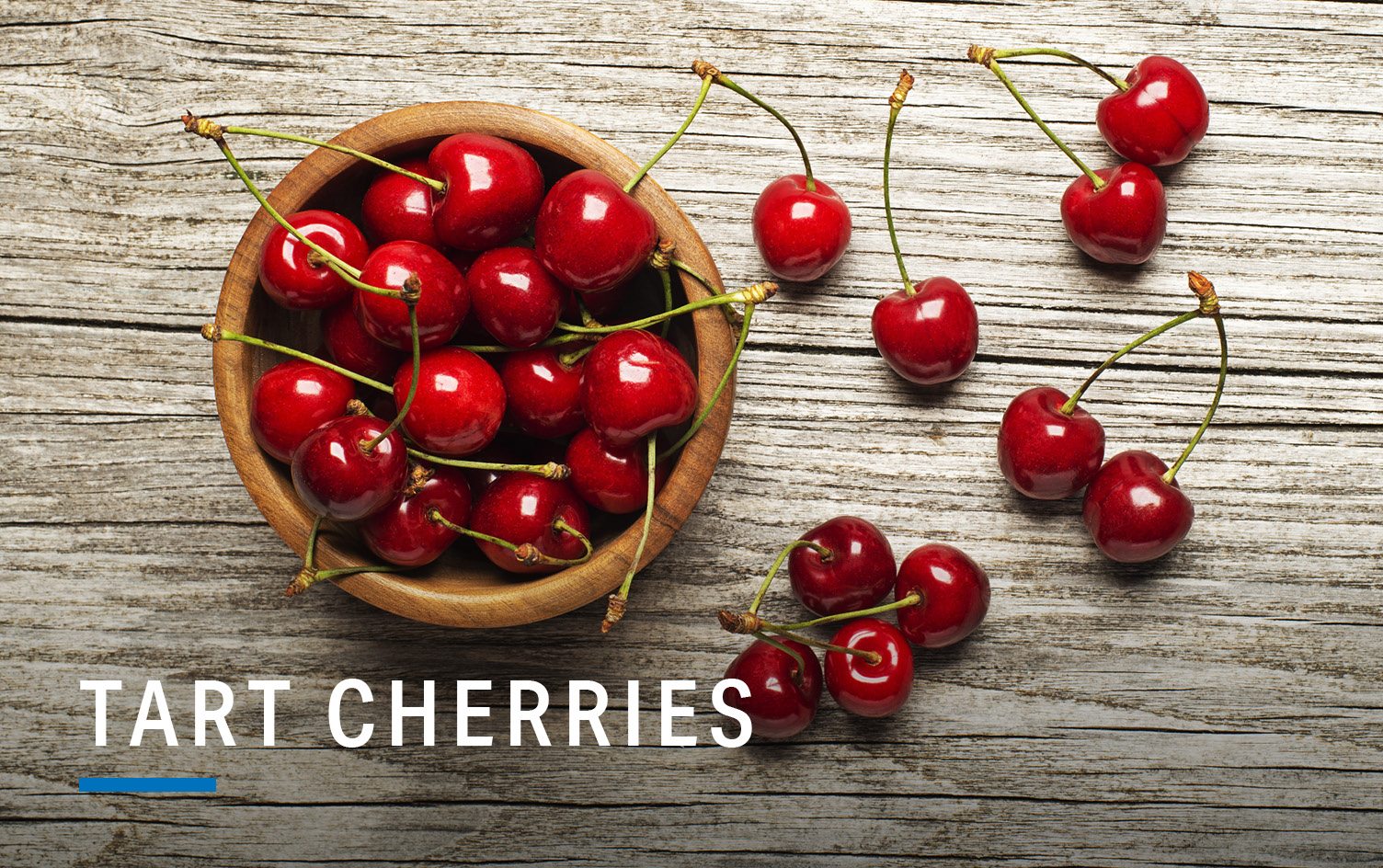
Tart cherries are a natural source of melatonin, the hormone that helps regulate sleep cycles. One study found that people with insomnia who drank tart cherry juice once in the morning and again at night slept an hour longer on average and experienced better sleep quality, too. Sip tart cherry juice before bedtime or add dried tart cherries to a green or grain salad or chew a few after dinner.
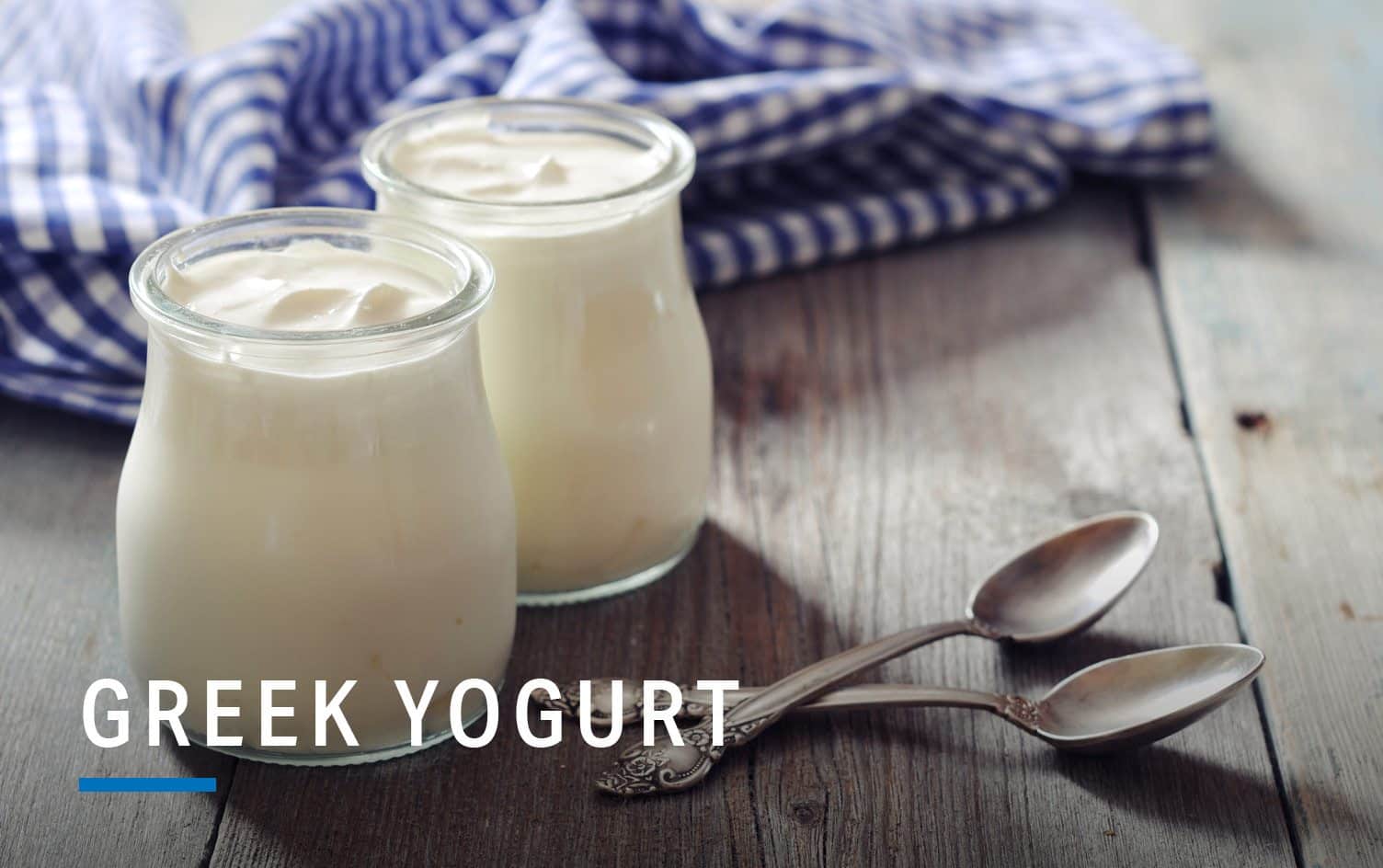
Greek yogurt might help you catch a few more zzz’s too since it’s is a good source of magnesium. Try yogurt with fresh berries topped with nuts or seeds for dessert.
These foods won’t magically put you to sleep. You still have to practice good sleep hygiene. Aim for a dark, quiet and cool room. And although these are healthy foods, don’t overdo it. Overeating can negate your effort, adding to the sleep struggle.
Finally, this list is not complete. There are a plethora of other foods, herbs, supplements, teas and tinctures that may help with sleep. But those are for another day, another article. Sweet dreams.
READ MORE > ESSENTIAL GUIDE TO SLEEP
FOODS TO AVOID
With this in mind, avoid the following foods that might hurt your chances of sound shuteye:
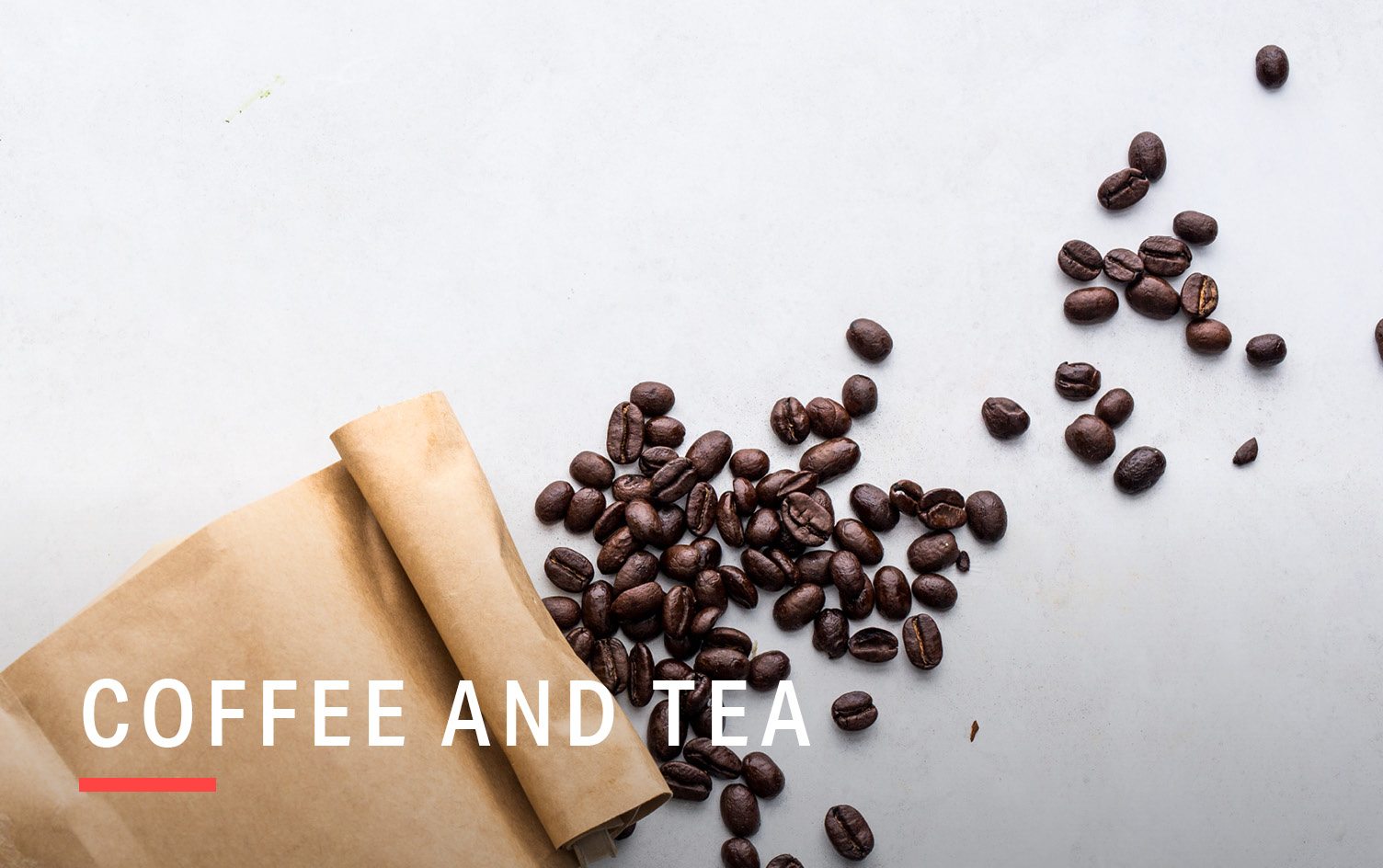
Cut caffeine early in the day but at least six hours before bedtime. If you’re super sensitive to the stimulant, that includes hot chocolate, too.

Although a glass of wine might help you fall asleep faster, alcohol may interfere with sleep later in the night.
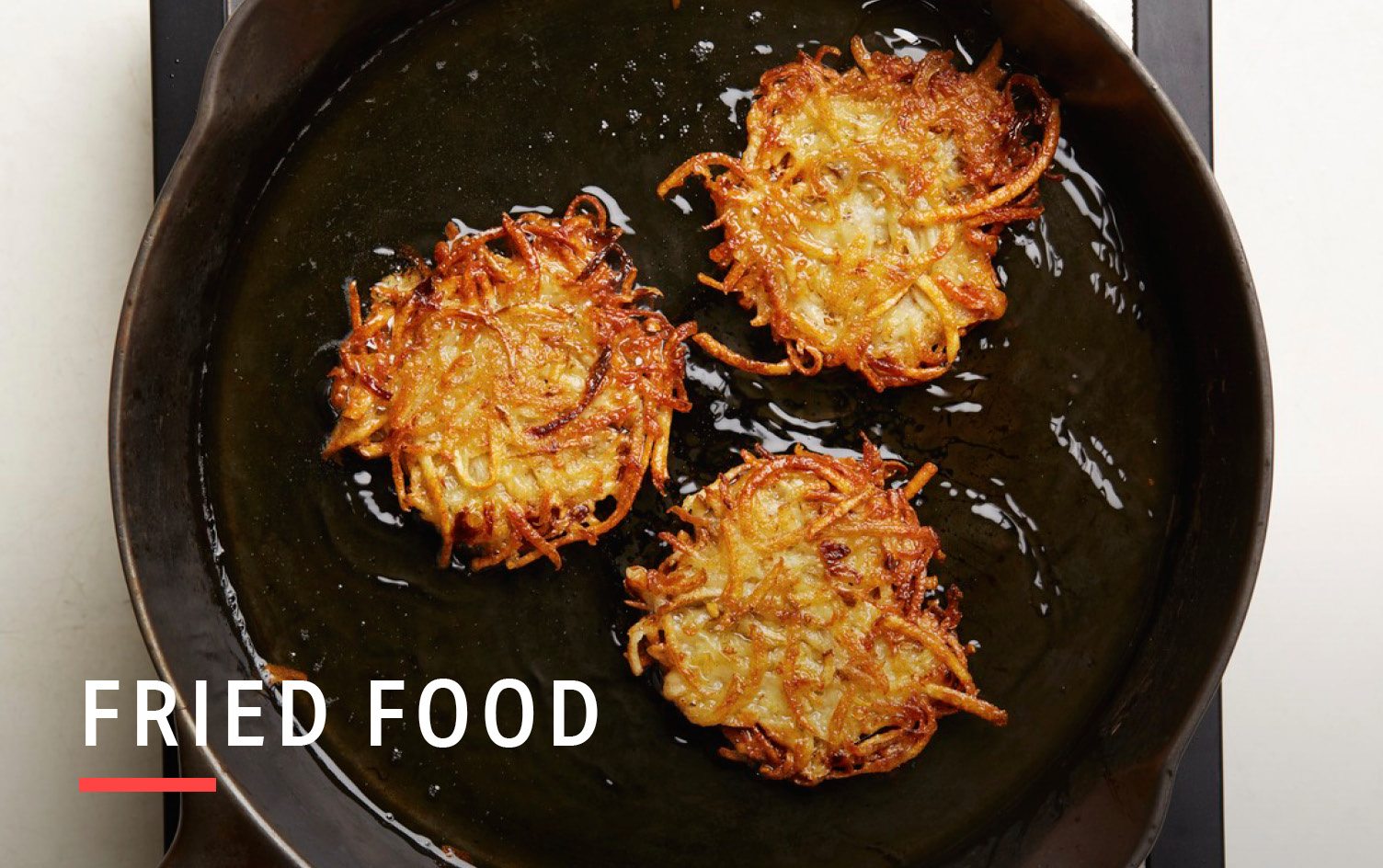
Forgo fried and greasy foods — especially later in the day. In addition to the risk of acid reflux, your body will be so busy trying to digest these foods that rest won’t come easily.
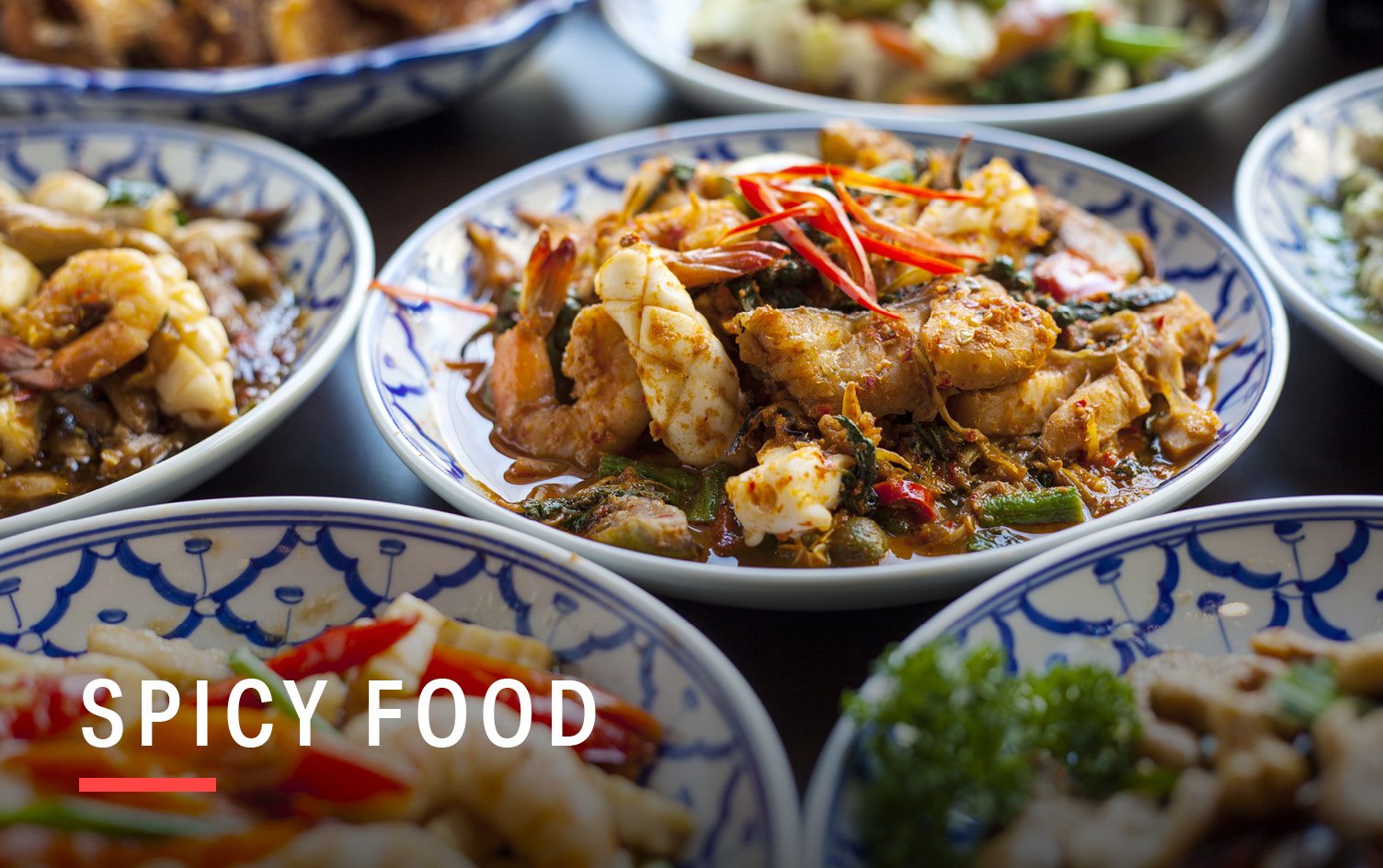
In addition to potential heartburn, hot peppers may cause a heating sensation in the body. And since ideal sleep occurs when the room is cool and body temperature drops slightly, those chili peppers are just not worth it.




